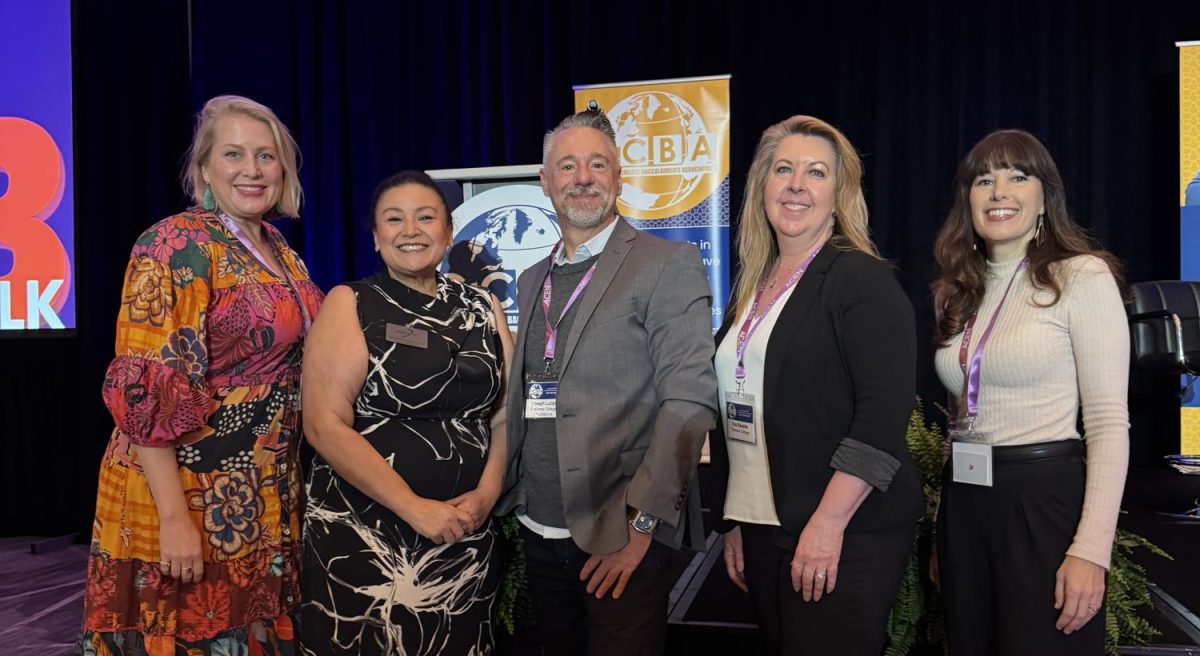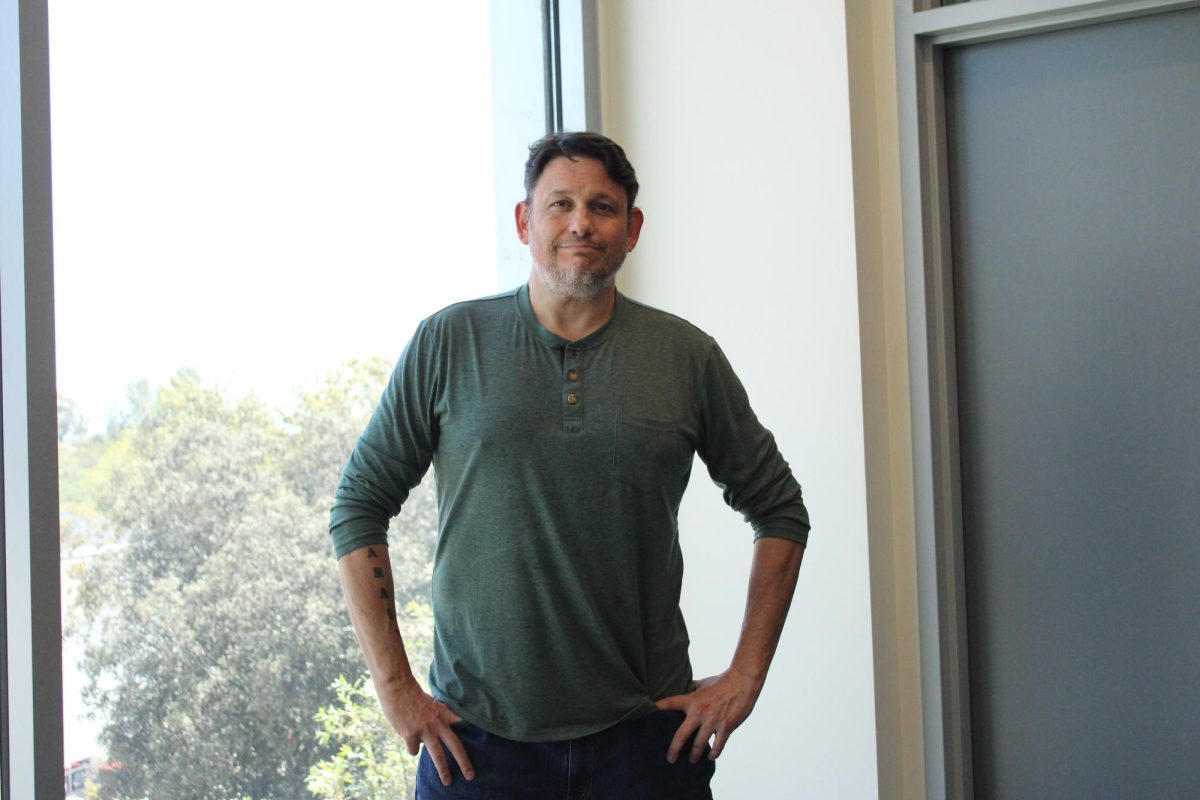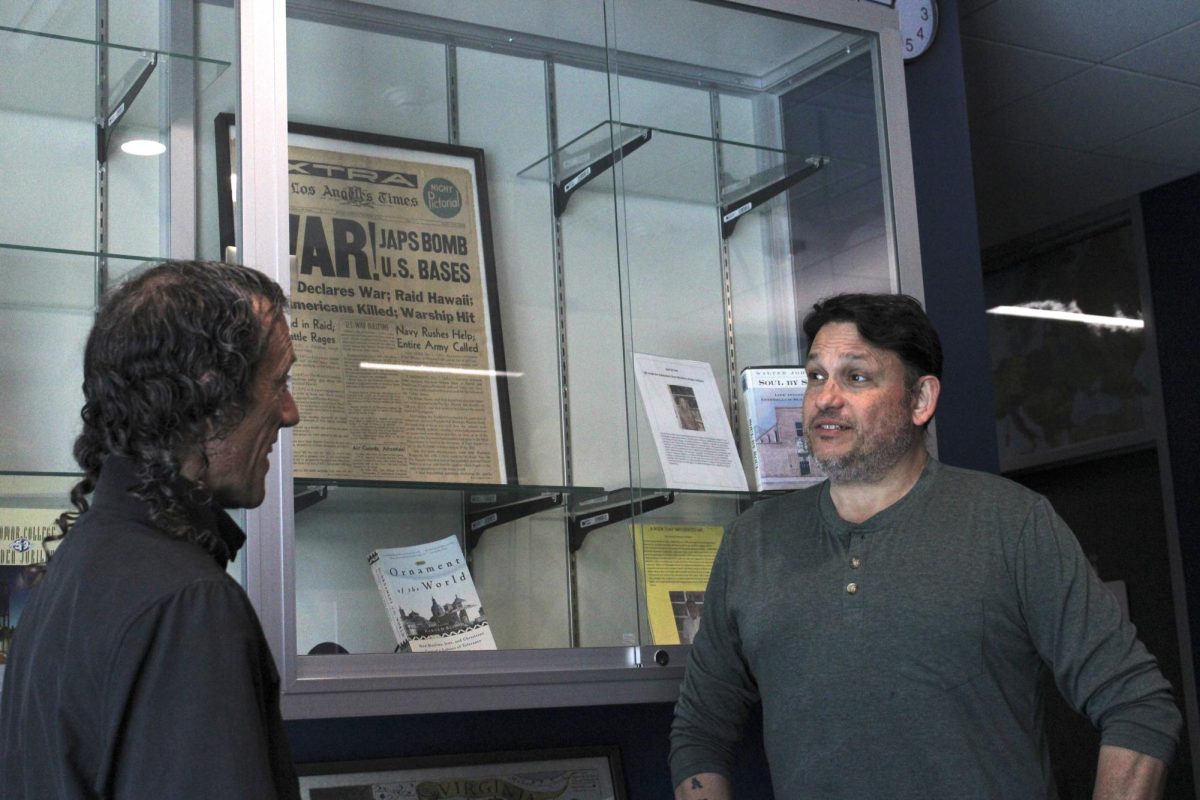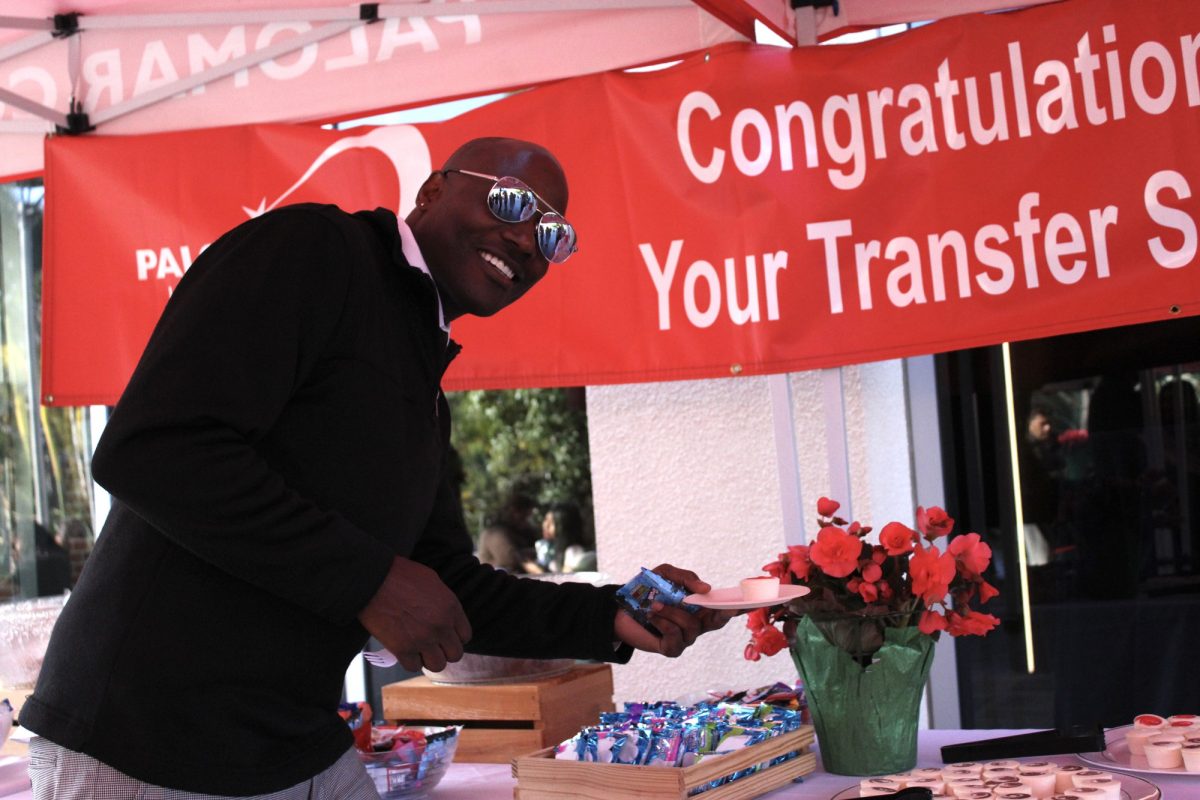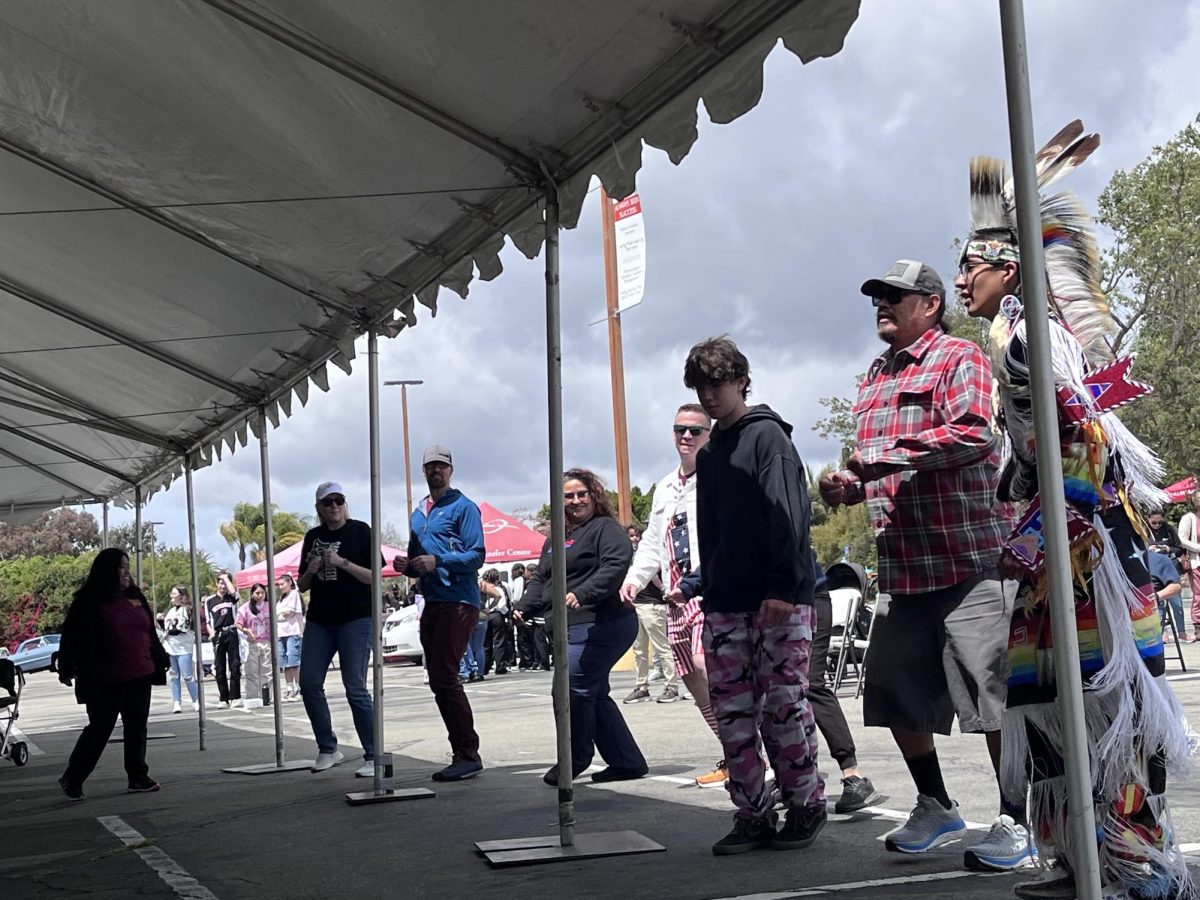His parents brought him to the United States when he was just 4 years old.
Oriol Herret, 19, was born in Costa Rica. Unable to get a job, he relies on his family and college programs to pay for his tuition and textbooks.
“I have to be dependent because I can’t find work. I can’t make any sort of income for myself,” Herret said.
A business management major, Herret is one of an estimated 2,000 undocumented students currently at Palomar, according to Dr. Rodolfo Jacobo, department chair of the Multicultural Studies department.
Dr. Jacobo — who teaches classes that study immigration and has written a book about the subject — began noticing the number of undocumented students who came to him for help.
“It got the point where it was quite a few people were coming in, and I did not have the ability or the knowledge to help them or who to send them to,” Jacobo said.
In an effort to support them, Dr. Jacobo went to the dean of the Multicultural Studies department, Jack Kahn, and voiced his concerns.
That became the catalyst for a small volunteer group, which eventually became what is officially known as the AB540/Undocumented Student/Mixed Status Support committee.
What the committee discovered was that help and resources were available to undocumented students, but they were not centralized or tied together. Students in need might have a hard time finding those resources, Kahn said.
“If a person was undocumented … and they happened to run across the right person, they could get the help,” Kahn said. “But many can’t find those resources.”
The committee has also reached out to other colleges including — UCSD, Grossmont College, Mesa College and Cal State, San Marcos — to find out how they are handling this issue.
The specific goals of the committee are to advocate for and support the undocumented student population at Palomar, keeping up with legislative changes, and raising awareness across the campus — according to a Student Services Council agenda.
The committee is also working toward the development of a center for undocumented students, according to the agenda.
“All of our students obviously are important to us, but this particular community, in particular, we feel, is marginalized … and is often in shadows,” Jacobo said. “It takes courage for them to approach a professor and ask for guidance.”
One of the hardships besetting the committee is the fluidity of the laws concerning the subject, Jacobo said. What once was relevant to the discussion five years ago is now long outdated.
And although it might be a polarizing issue politically, Kahn said that he has not noticed any direct opposition to the committee’s work.
Jacobo, on the other hand, recalled a story about how a student was left in tears after a meeting with faculty members.
Kahn added: “But whether you’re in favor of it or not, the law is the law. And the law entitles certain access to education, and certain access to resources.”
The AB540 classification was signed into law by Gov. Jerry Brown in 2001, and offers certain benefits including nonresident tuition fees being waived.
Undocumented students may fall into the category if they attend a California high school for at least three years, enroll into a public university or college, and file an affidavit stating that they will apply for legal residency as soon as they can, according to AB540.com.
At Palomar, the committee is just one piece of a larger effort by campus officials, to reach out and support its Latino and Hispanic community, Jacobo said.
In many ways, Palomar is leading the way for other local community colleges in this area, Jacobo added
These efforts include Tarde de Familia, an event where Latino professionals tell their stories to students. Grossmont College recently asked if they could borrow Palomar’s model to conduct an outreach event of their own.
“Tarde de Familia is one of my happiest moments in working for this college,” Jacobo said.
Oriol Herret has not heard of the committee, but has used resources such as the BOG waiver and EOPS to help him through his college career.
Despite whatever hardships, Herret spoke positively about his background, calling his being from Costa Rica “a good ice breaker.”
Jacobo is particularly proud of the work the committee does.
“We’re taking young people who might have fallen through the cracks and we’re telling them: ‘You want an education, you to be a productive member of society, you want to contribute to who we are? Here’s how to do it,” Jacobo said.
[yop_poll id=”12″]


